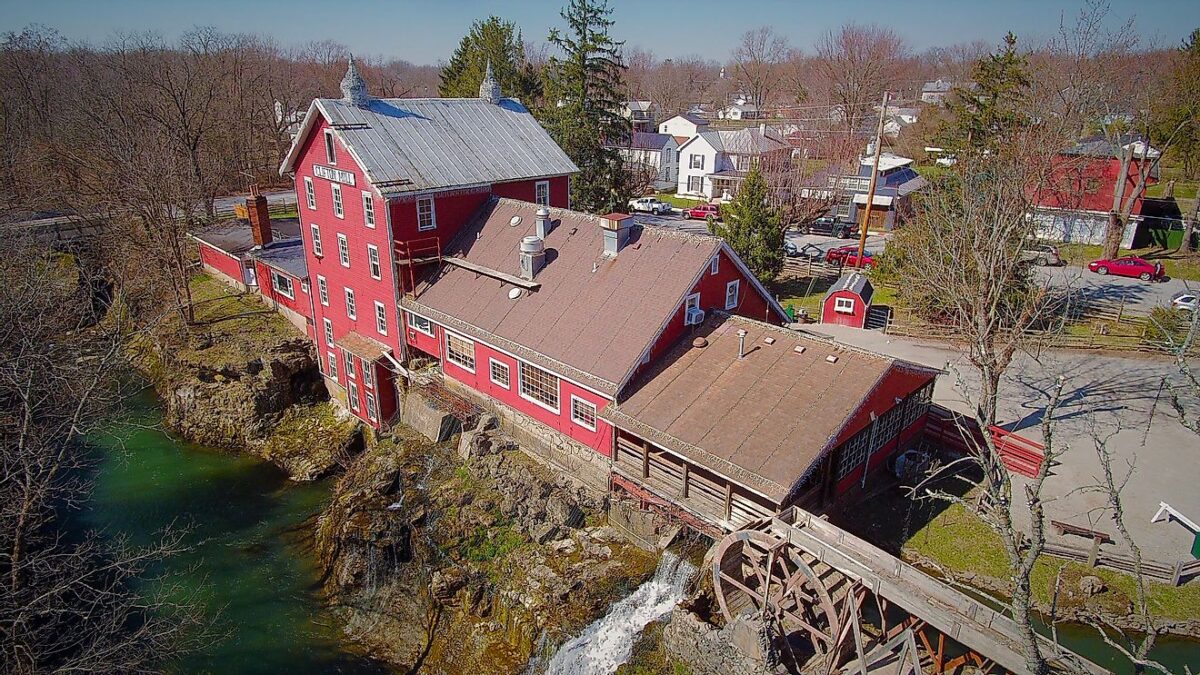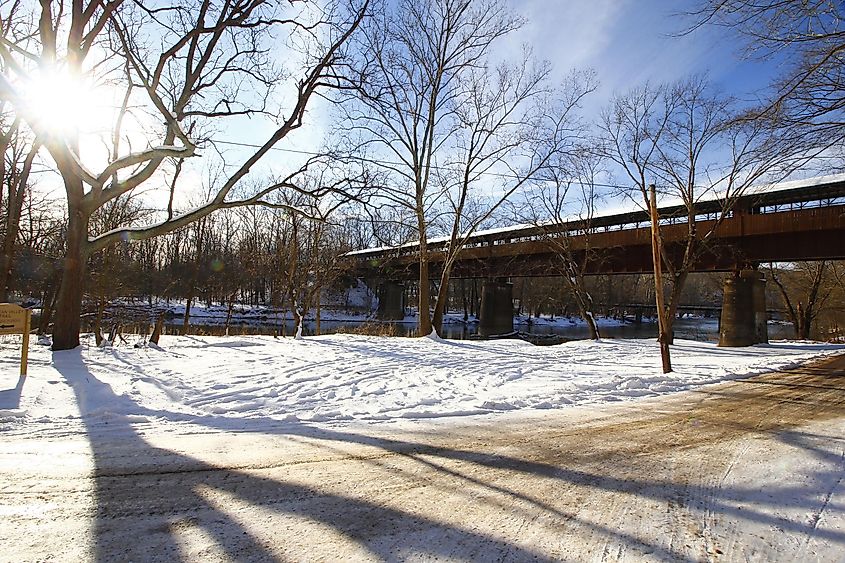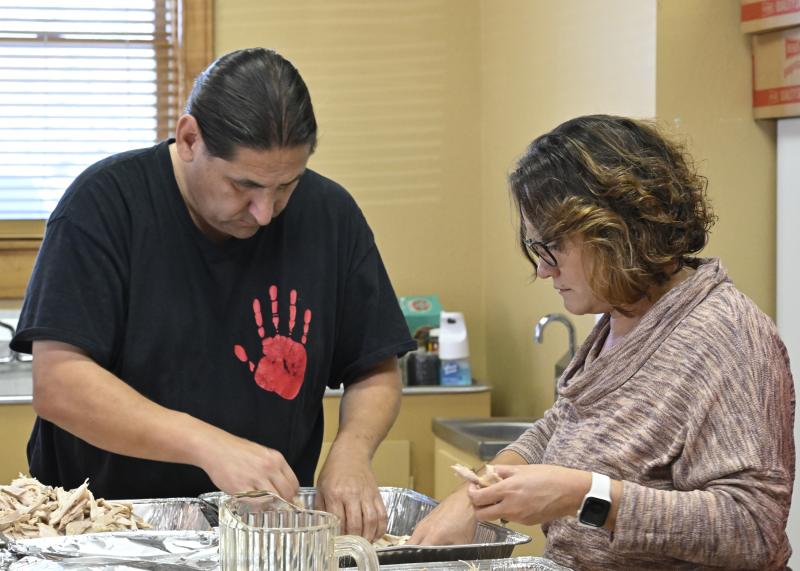What is the history of the indigenous people in New Jersey?
New Jersey, a state known for its bustling cities and picturesque beaches, has a rich history that dates back thousands of years. Before European settlers arrived, the land was inhabited by various indigenous tribes who had called this region home for centuries. The history of the indigenous people in New Jersey is a story of resilience, culture, and the enduring spirit of a community.
The indigenous tribes of New Jersey, including the Lenape, Munsee, and Nanticoke, had a deep connection to the land and relied on its resources for their survival. They were skilled hunters, gatherers, and farmers, cultivating crops such as corn, beans, and squash. These tribes had their own distinct languages, traditions, and social structures, which were passed down through generations.
However, the arrival of European settlers in the 17th century brought significant changes to the lives of the indigenous people. The colonizers sought to claim the land for themselves, leading to conflicts and displacement. The indigenous tribes were forced to cede their territories through treaties and faced numerous challenges as their way of life was disrupted.
FAQ:
Q: Who were the indigenous tribes in New Jersey?
A: The indigenous tribes in New Jersey included the Lenape, Munsee, and Nanticoke, among others.
Q: What were the main activities of the indigenous tribes?
A: The indigenous tribes were skilled hunters, gatherers, and farmers. They cultivated crops and relied on the land’s resources for their survival.
Q: How did European settlers impact the indigenous people in New Jersey?
A: European settlers brought conflicts and displacement to the indigenous tribes. The settlers sought to claim the land for themselves, leading to the forced ceding of territories and disruption of the indigenous way of life.
Despite the challenges they faced, the indigenous people of New Jersey have managed to…
Continue reading



 A bridge over the Mohican River near Loudonville, Ohio.
A bridge over the Mohican River near Loudonville, Ohio. 






